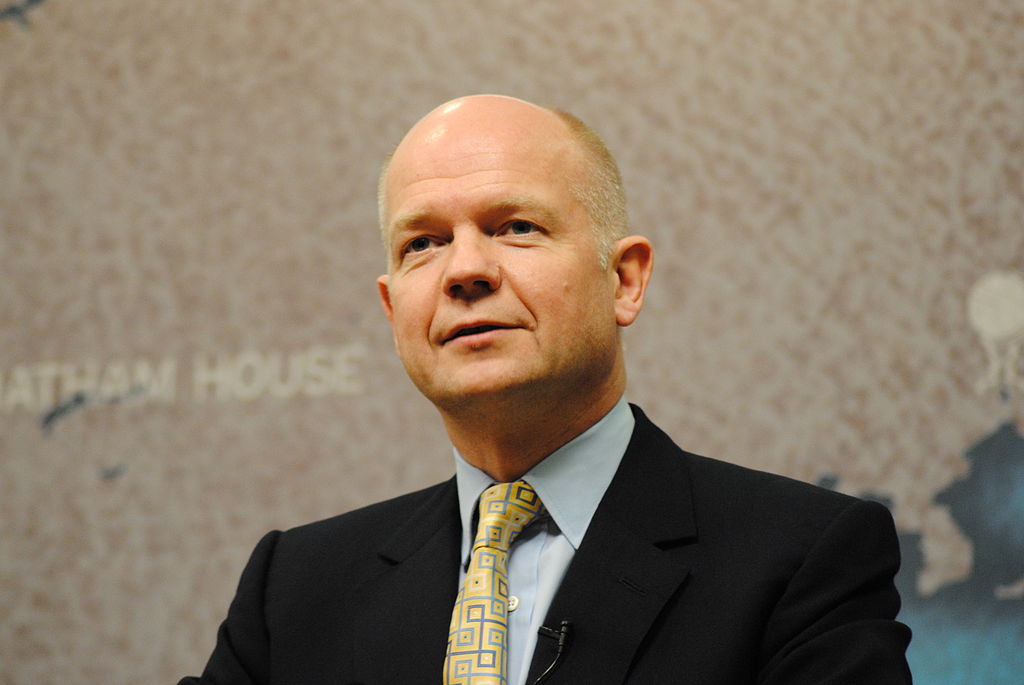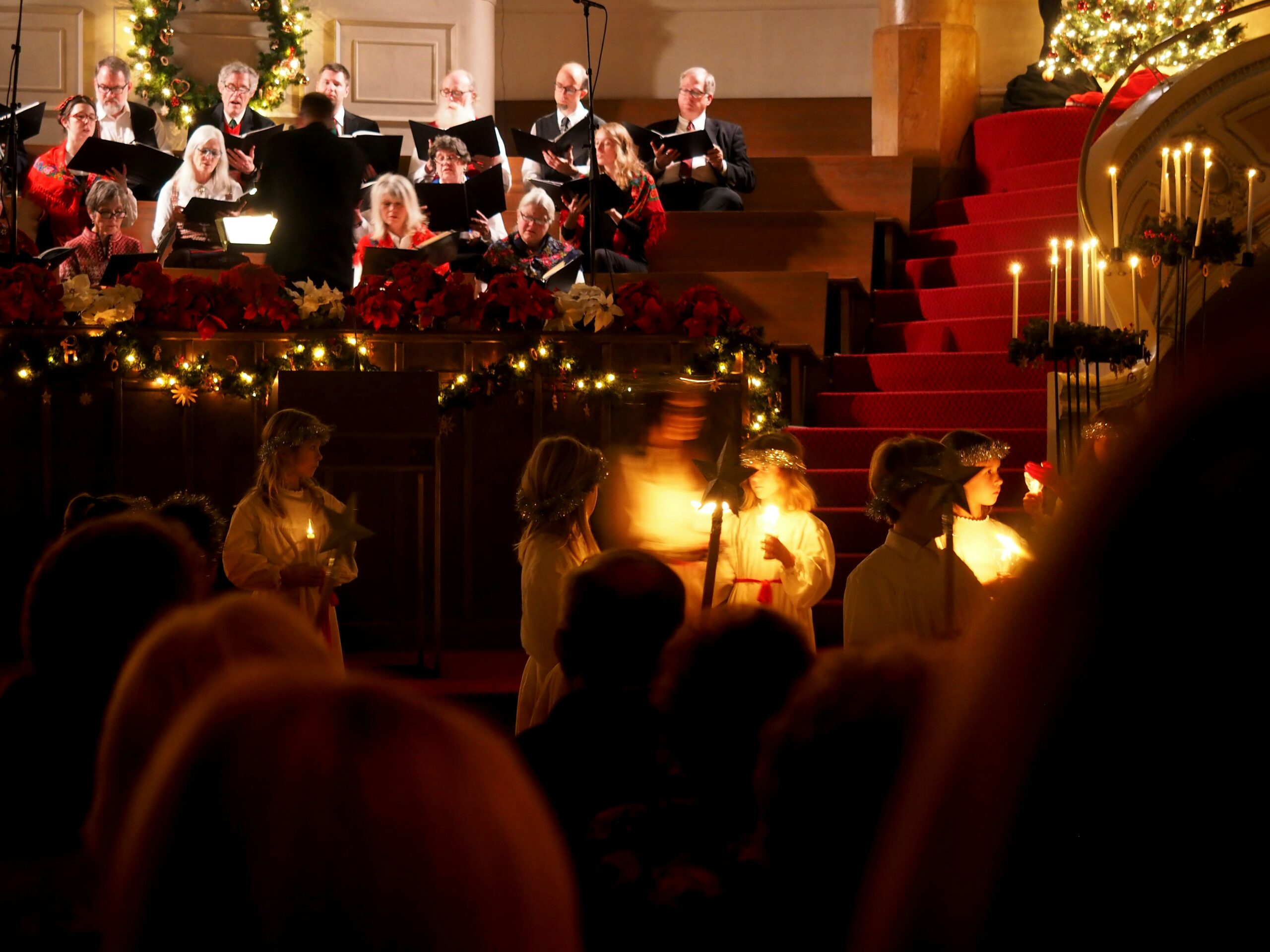Prepare the way for the Lord
A voice of one calling: “In the desert prepare the way for the LORD, make straight in the wilderness a highway for our God.”
Isaiah 40:3
I love Christmas. Being a teacher, I usually get three weeks off work, so it’s a great opportunity to relax, unwind – and catch up on all the things I should have done during the busy Christmas term! It’s also a really good opportunity to see family and friends, who I don’t see often enough during the year. Round about the beginning of November, though, I start to get a little grouchy. It seems that all the retailers want us to start thinking about Christmas, but too me it just seems far too early. On 1st November this year, I was trying to enjoy a coffee at Costa – but getting rather worked up as Elton John’s “Step Into Christmas” blared over the sound system. Don’t get me wrong, I’m a big fan of Elton, but November 1st is too early for Christmas songs. In my opinion, November 30th is too early for Christmas songs!
In today’s verse, we hear the prophet telling people to prepare a way for God in the desert, and to get a road ready in the wilderness. The prophet warns that it is not enough merely to welcome God; it is necessary to make advance preparations. Just as you might tidy the house before relatives come to stay, it is necessary to ensure that all is ready when God arrives.
As we saw in our recent Mark Marathon, John the Baptist quoted this verse when he was heralding the arrival of Jesus at the beginning of his ministry. But as we prepare to celebrate his birth, in just a few weeks time, maybe it’s a good opportunity to prepare ourselves for his arrival. Are we living our lives in a way that honours and glorifies him? Do we try and lead and sinful and blameless life? Do we treat our friends – and enemies – in a way that would would approve? Do we spend our money and use our talents in a way that pleases him?
Why not reflect on this in the coming days. Rather than getting bogged down in buying presents and ordering turkeys, just reflect on the idea that “Jesus is the reason for the season,” and ensure that you are ready to celebrate his birth on December 25th.












Leave a Comment